We run an annual series of in-person talks on a range of local history topics. Talks are held at Cley Village Hall, unless otherwise stated. Attendance is currently £3 for members, £6 for non-members.
Active members and mailing list recipients will receive an email reminder ahead of each event.
Attendees should check this page and membership emails before travelling in case of any last minute changes to the programme.
Current Programme
- 27-1-26 BAHS members talks – Did the Hotblack family become too big for their boots? & Sergeant William Voellner RAFVR, Rear Gunner Lancaster Bomber
- 24-2-26 Am I not a woman and a sister? The Norfolk Women Abolitionists
- 31-3-26 George Skipper in Cromer
- 28-4-26 Warham Camp archaeological excavations 2023, defining the Iron Age in North Norfolk
Tuesday 30th September 2025 at 7:30 pm at Cley Village Hall
Pilgrim Hostels in Walsingham – the remaining evidence
Ian Hinton
Ian will talk about research by the Norfolk Historic Buildings Group, which conducted an in-depth study of the buildings of Walsingham. The research revealed evidence for several very large buildings which were used to house pilgrims in the 15th and 16th centuries.
The internationally important pilgrimage site of Walsingham attracted up to 100,000 people. At its peak almost every building in the town was part of the pilgrim trade.
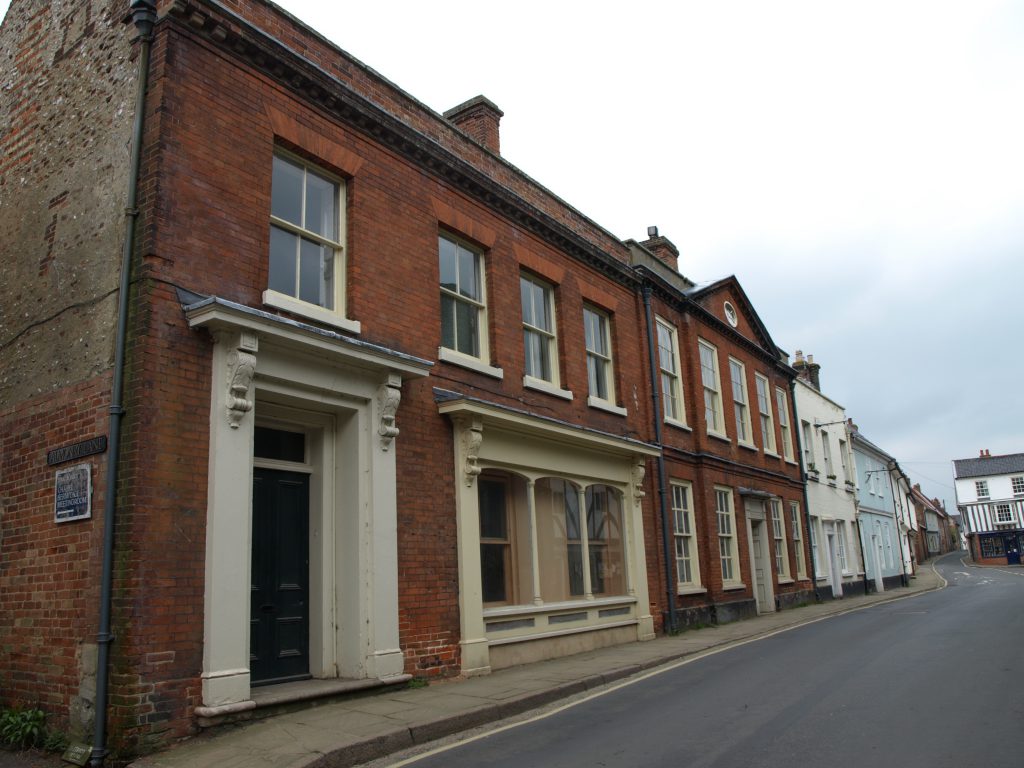
Tuesday 28th October 2025 at 7:30 pm at Cley Village Hall
Introduction to the Commonwealth War Graves Commission
Bruce Holliday
A presentation on the work of The Commonwealth War Graves Commission. Learn about its founder, formation and history, hear about those iconic headstones, cemeteries and memorials and the Commission’s work recording the dead and missing of two World Wars. Find out about our global commitment to remembrance and plans for the future.
Tuesday 25th November 2025 at 2:30pm at Cley Village Hall
German Prisoners of War in Norfolk: A forgotten history from the Great War
Brendon Chester-Kadwell
In the early years of the Great War German combatant prisoners of war were held in large internment camps run by the Army. However, none of these were in Norfolk because of the fear of invasion or large-scale raids along the East Anglian coast. By the end of 1916 the threat of invasion had receded, but there was grave concern instead around food security. As the German U-boat campaign continued to menace the Transatlantic trade routes and labour was drained from agriculture and sent to the Front the fear was that food shortages would do what the German army had failed to do on the battlefield.
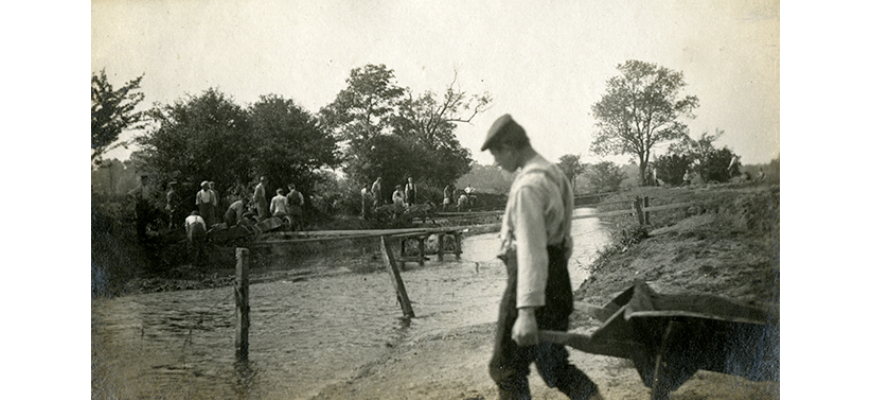
As a response, it was decided to draft in labour using German POWs and from 1917 Agricultural Working Camps were set up throughout Norfolk (as elsewhere) to help boost food production. This talk explores how these camps were setup and organised, what work the prisoners who volunteered undertook, and how they were received by the civilian population.
Dr Brendan Chester-Kadwell is a landscape historian specialising in the historical development of rural settlement, particularly those associated with coastal wetlands. He has published on settlement in the Eastern High Weald, an area that includes the Rother Upper Levels and has researched the development of High Weald wood pastures in the context of early settlement. His PhD thesis (University of East Anglia 2010) was on ‘A Sense of Place in Rural Settlement’.
Brendan also has a background in medieval theology and church history and has undertaken post-graduate research at Birmingham University in ecclesiology. He is currently researching the impact of developments in ecclesiology on medieval church design and is in the process of compiling a compendium of angel roofs in Somerset.
In 2019 he edited and co-authored a book on the Carmelite Friary at Burnham Norton, Norfolk. The existence of a Great War German prisoners of war camp on the priory site at Burnham has inspired the writing of a forthcoming book on such camps in Norfolk with Pat Kadwell.
Tuesday 27th January 2026 at 2:30pm at Cley Village Hall
Did the Hotblack family become too big for their boots?
Caroline Holland
A descendant of John Hotblack, a Mayor of Norwich and a shoe manufacturer, she is trying to understand why and how so much of the family’s history was buried.
She will take her audience on her research journey to illustrate how easy it is to delve into the past, build a family tree and find out more about your antecedents.
and
Sergeant William Voellner RAFVR, Rear Gunner Lancaster Bomber
Richard Jefferson
Local historian Richard Jefferson has made it his mission to research the lives of the men of Cley listed on the war memorial in the church. At the January meeting of the Blakeney Area Historical Society (BAHS), he will focus on Sergeant William Voellner, an air gunner with the RAF Volunteer Reserve.
Before the start of the 1939-45 War Voellner was living with his parents in Cley. In 1944 Voellner was one of a crew on a night-time mission to bomb a factory in Germany and that the Lancaster bomber crash landed on its return to the UK. Richard will tell his audience more about Voellner’s life, the mission he was on and what caused the tragic accident which killed all the crew.
Richard says: “I researched all the Cley men who died in the two World Wars and remembering them is very important to me: their sacrifice for our freedom.”
Tuesday 24th February 2026 at 2:30pm at Cley Village Hall
Am I not a woman and a sister? The Norfolk Women Abolitionists
Alison Dow
The Abolition Campaign to end slavery in the British Empire is said to have been the world’s first successful human rights campaign.
Norfolk women including the radical Elizabeth Fry, Amelia Opie and Harriet Martineau played a vital role in the campaign although they themselves lacked even the right to vote. The determined women campaigners employed and developed strategies despite much opposition even from Wilberforce himself. They then used these strategies in the suffrage campaign which was to follow – another great human rights struggle.
The first petition to Parliament asking for votes for women was presented to the House of Commons on 3 August 1832. The Abolition of Slavery Act was passed on 1 Aug 1833.
I will bring alive the story of these woman and introduce some new names – many of whom have been for too long unrecognized.
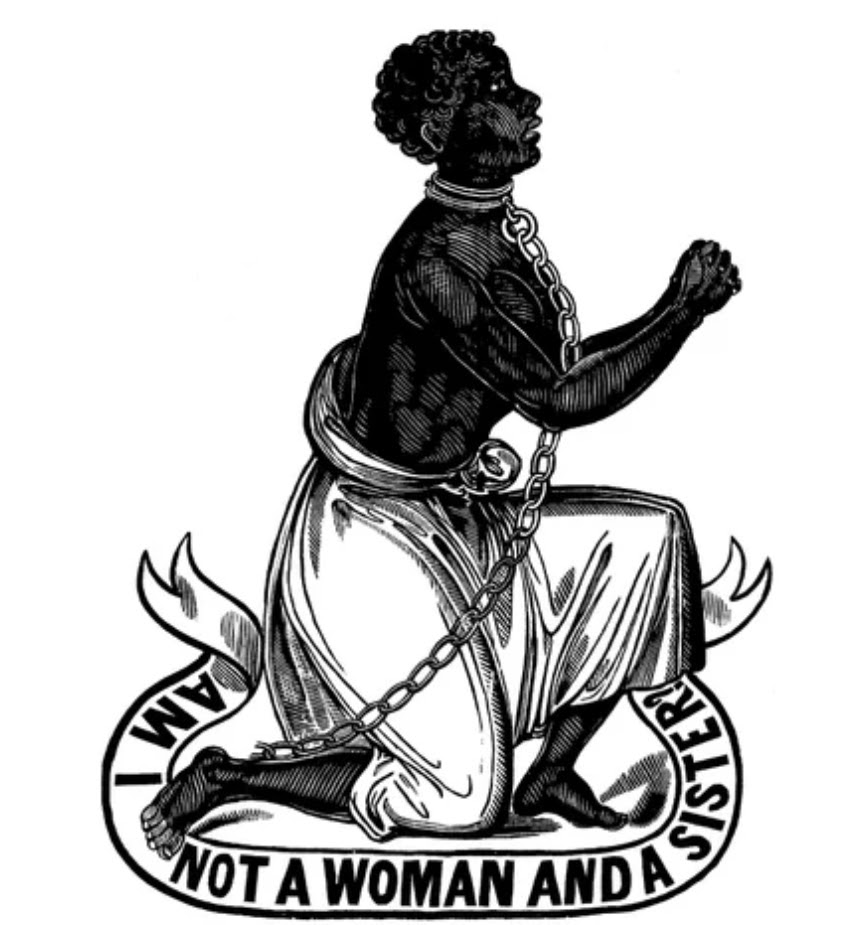
Tuesday 31st March 2026 at 7:30pm at Cley Village Hall
George Skipper in Cromer
Paul Dickson
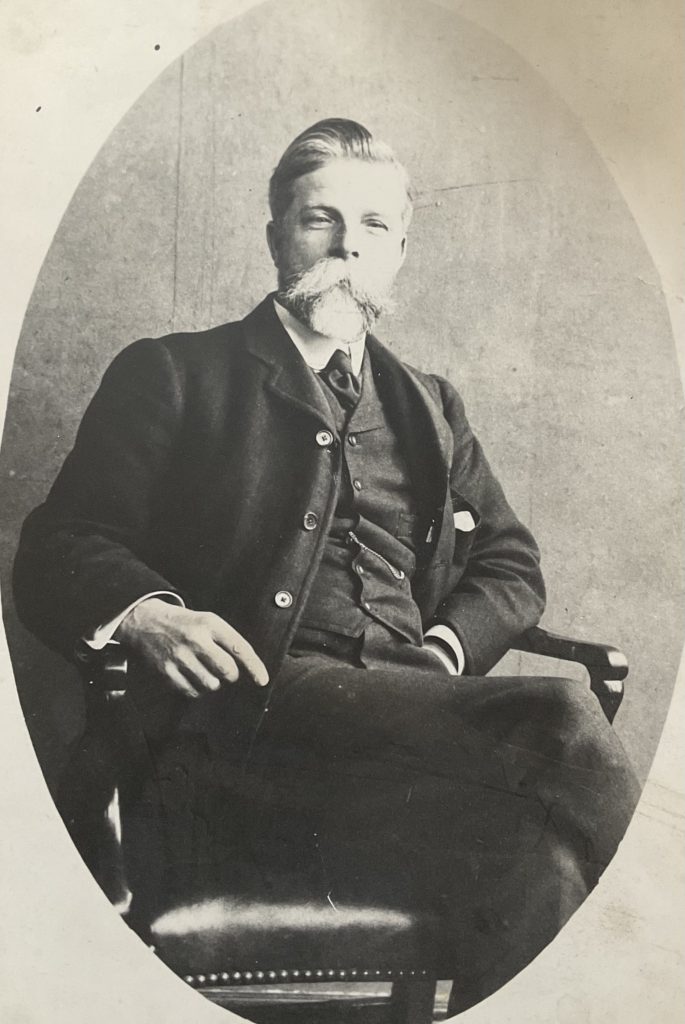
The talk celebrates George Skipper’s architectural legacy in Cromer. He worked on projects there from the late 1880s through to the 1930s. Skipper designed seven hotels, notably the Hotel de Paris and the Cliftonville and Sandcliff on Runton Road.
He was also architect for a range of residential properties on Bernard Road and Vicarage Road, along with Cromer’s first Town Hall and Kingston House, comprising striking residential and business premises just behind the seafront.
Tuesday 28th April 2026 at 7:30pm at Cley Village Hall
Warham Camp archaeological excavations 2023, defining the Iron Age in North Norfolk
Andy Hutchinson
Warham Camp is one of Norfolk’s few ‘hillforts’ and consists of earthworks comprising two
banks and two deep ditches. Hillforts have traditionally been thought of as defensive, though
many would have been used in a variety of ways. Having been dug in 1914 by Harold St
George Gray and in 1959 by Rainbird Clarke, the latest excavations at the camp focused on
determining the date of this stunning site’s construction and establishing what activities may
have taken place within it.
The 2023 investigations involved digging 24 trenches inside the hillfort and three others
within the defences to examine the inner ditch and the base of the earthwork’s banks. Over
3,500 finds were discovered including animal bone, glass and worked flints and 1,405
sherds of pottery.
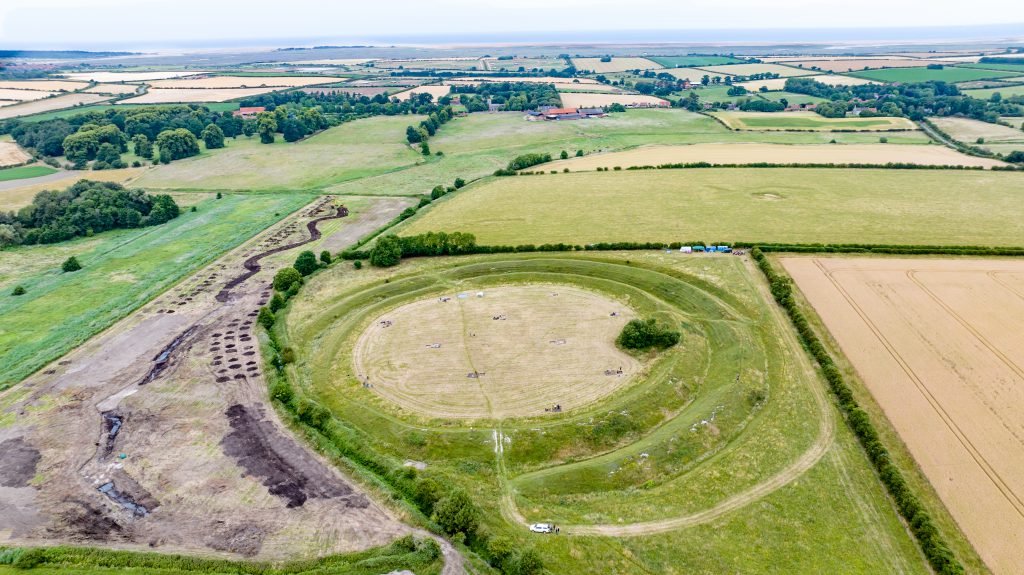
While the scientific analysis and study of these artefacts and environmental samples is still
ongoing, the project has already revealed some fascinating insights into this enigmatic
monument. Unlike other “developed” hillforts found in Southern England, such as Danebury
(Hampshire) and Maiden Castle (Dorset), Warham Camp does not appear to have been
intensively lived in during the Iron Age. Instead, the archaeology suggests that occupation
was periodic and did not result in significant structures, such as large houses, being built.
During the 3rd and 4th centuries AD some metalworking was taking place though, again, this
did not require the creation of major buildings, showing the fort was reused as a base for
industrial work at the end of the Roman period.
